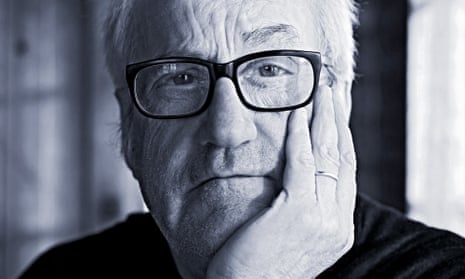A test that can track how well a person is ageing could help doctors identify patients who are most at risk of dementia and other age-related conditions.
Those picked out as ageing fast could be referred onto clinical trials for treatments that try to prevent neurodegenerative diseases or slow the ageing process itself.
In another use of the test, doctors could check the biological age of organs that might be suitable for transplant patients, and use kidneys, livers and other tissues from donors who would otherwise be ruled out on the grounds of old age.
“As a profiling technique, it is turning out to be really powerful,” said James Timmons, who led the study at King’s College London. “It works in muscle, skin, different brain regions and in the blood too.”
The scientists developed the test after studying gene activity in muscle biopsies taken from healthy 65-year-olds, and comparing the results with those from healthy youngsters. The participants all led sedentary lifestyles, meaning they spent less than 2.5 hours a week doing aerobic exercise.
The team found that the activity of 150 genes reliably distinguished between the young and old people who took part in the study. Further work confirmed that the genetic signature showed up in other body tissues, and gave a good indication of how well a person was ageing.
In a dry run, the scientists applied the test to a group of Swedish men aged 70 who had been tracked for 20 years as part of a separate study. They used the test to calculate ageing scores for the men, and found that those with the highest scores had the best organ function after 12 years, and were far more likely to be alive at the end of the study. “The men who had a really high score had almost no chance of being dead at the end of the 20 years,” said Timmons.
The researchers went on to look at the genetic signature in people with the earliest signs of dementia. They saw a striking difference between those with mild cognitive problems and healthy people of the same age, suggesting the test can spot people most at risk of developing Alzheimer’s and other neurodegenerative disorders. Details of the research are published in the journal Genome Biology.
The test will help doctors find patients most likely to benefit from clinical trials of therapies that hope to combat dementia. But it could have an impact in transplant medicine too, where the shortage of donors means many patients have a long wait before they receive an organ, or die before a suitable donor is found.
“At the moment we have a cut-off age for donors of about 70 years old, but with this, we can see whether an organ has a good biological age, and make a decision on whether to implant it into a patient or not. We should be able to make better decisions, and probably use older donors.”
Dan Belsky at Duke University School of Medicine in North Carolina, who recently demonstrated that people age at radically different rates, said the findings backed up the theory that biological changes that occur with normal ageing are themselves a cause of disease. “If we can eventually design interventions to slow or reverse these changes, those interventions will work to prevent many different diseases,” he said.
Doug Brown, director of research at the Alzheimer’s Society, said that with the need for early intervention, many drugs for Alzheimer’s are now being tested in people who show the earliest stages of disease, and sometimes before symptoms even begin to show.
He said: “With further development, this research could help in our quest to find new treatments for the condition, by identifying people who are more likely to develop Alzheimer’s disease so they can participate in clinical trials.”

Comments (…)
Sign in or create your Guardian account to join the discussion